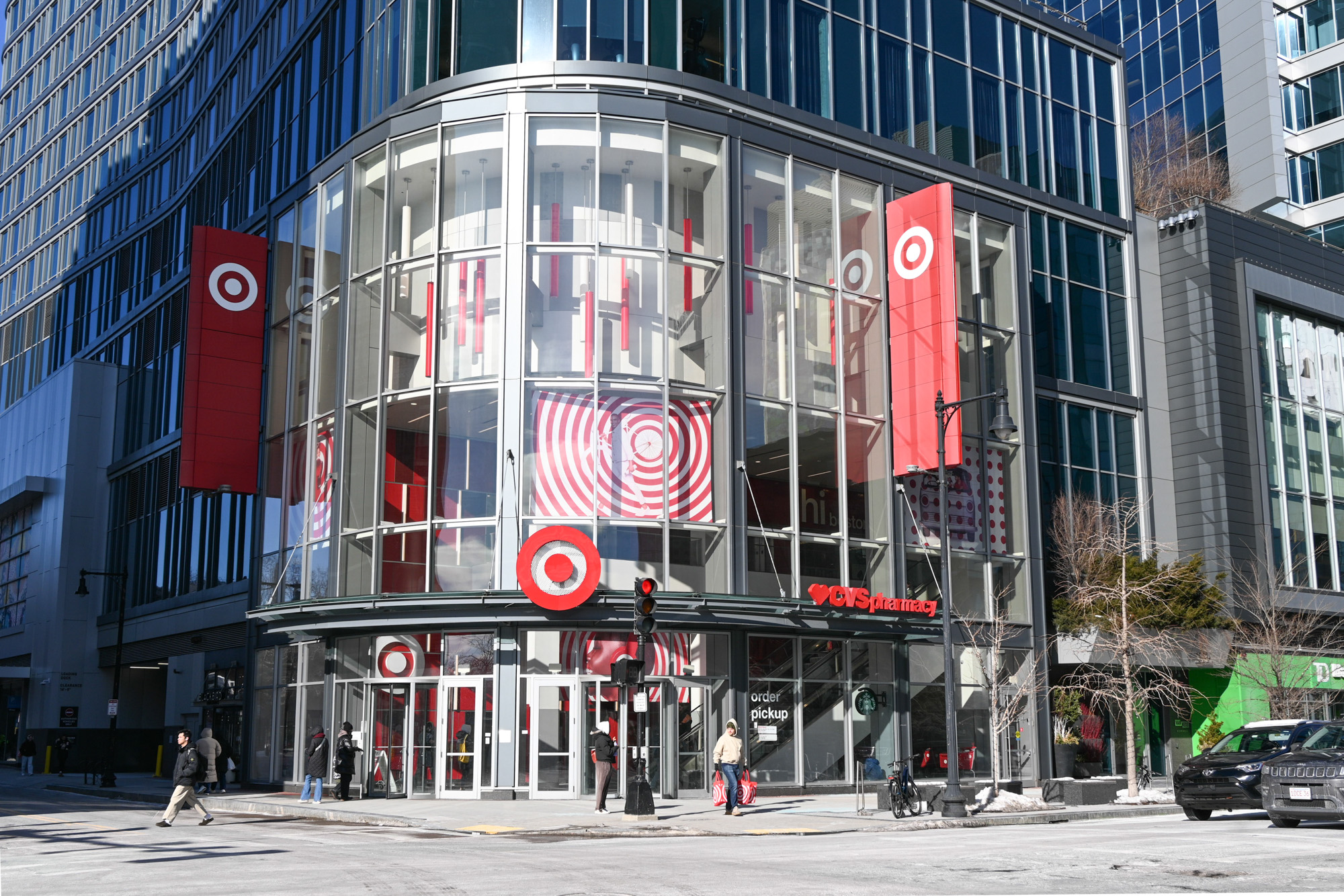National calls to boycott Target evoked mixed reactions among consumers after the company revoked its diversity, equity, and inclusion policies.

WeAreSombody and Until Freedom, two coalition-building organizations for unions, announced a boycott on Target Jan. 31 because they claimed the retailer is “rolling back its diversity, equity, and inclusion programs.”
“Target must reinstate its diversity, equity, and inclusion programs or create new programs with the same or more robust commitments to black and minority-owned businesses,” the groups wrote in an Instagram post.
WeAreSomebody and Until Freedom urged boycotters to support minority owned businesses by buying from them directly, though some minority business owners said a boycott would do harm to the people it intends to help.
In a Fact Sheet released by Target Jan. 24, Target announced a series of actions it is taking as a part of the new fiscal year, including ending its three-year DEI goals, concluding Racial Equity Action and Change initiatives, changing the name of its “Supplier Diversity” team to “Supplier Engagement” and stopping all external diversity-focused surveys, including HRC’s Corporate Equality Index.
This move coincided with the Trump administration’s Jan. 24 executive order to end DEI in the federal workforce, calling it “demeaning” and “radical.”
Angelo Pinto, co-founder and attorney of Until Freedom, said the abrupt stop in what had previously been support for Black, brown, indigenous and queer business owners is part of the reason Target is the main focus of the boycotts, though many other companies also scaled back DEI efforts.
“Target specifically, in some ways different from other organizations, was at the top of folks’ radar, because of this demonization and rollback of DEI, but also particularly because Target at some point said that it had a particular responsibility to responding to and being allies with these communities,” Pinto said.
Pinto said the purpose of the boycott was not to hurt minority businesses, but to move toward honoring them.
“Our intention is not to hurt Black businesses or queer businesses or brown businesses at Target,” Pinto said. “Our intention, of course, is to uplift those folks and actually have them honored in the spaces that they find themselves.”
Despite this intention, Pinto said leaders in the movement are aware of the boycott’s potential for harm, and they are urging to support the businesses affected in other ways.
“We’ve been pushing folks to buy directly from Black-led, brown-led businesses that find themselves at Target because we know they will be impacted by the boycott,” Pinto said.
Anna Lees, a senior at Boston University, said she recognized the hard work it likely took small and minority-owned businesses to get their items on the shelf at Target.
However, when buying basic necessities that are not often available from smaller businesses, she is faced with limited options.
“If I was buying anything that could be owned by a small business, which toilet paper is not, I would probably look into who they were and see if they have any other outlets besides Target,” Lees said.
Gracen Lashnits, a freshman at BU, said for her, shopping at Target is a matter of convenience.
“I’m shopping at Target because I have really weird hours sometimes and the dining hall closes before I can eat dinner or doesn’t open in time for me to eat breakfast, so I like to have a couple things in my fridge to snack on when I know the dining hall isn’t going to be open,” Lashnits said.
Lashnits said she would need to conduct more research, but if Target continued a “pattern of harmful behavior” she would start to look at other grocery store options.
Sam Waldbusser, a senior at BU, heard about the boycotts when they began in late January. She said she tries to shop at other stores whenever she has the chance.
However, Waldbusser has not been able to fully boycott Target because of a lack of other conveniently located options.
“It is hard as a student, as a person in general, to fully boycott one of these stores just because of how prevalent they are in our daily lives, and because of how they kind of have pushed out smaller businesses and places that used to be much more accessible,” Waldbusser said.
Lashnits said supporting small businesses is not always a real possibility.
“A lot of those smaller businesses don’t have their own storefronts, so the only places you can purchase their products are in stores like Target,” Lashnits said. “I’m sure some of them have online platforms, but as a college student, that’s not really going to be something that’s sustainable for me.”
Organizations like Until Freedom are aware of the role college campuses can play in the boycott, Pinto said. It is a goal for Until Freedom to focus more efforts specifically on college campuses in the future.
“One of the things that we are taking aim on in the future is boycotting Targets that are close to college campuses,” Pinto said. “One of our plans is to identify, in the northeast, Targets that are in close proximity to college campuses and organize some boycotts and demonstrations there. Boston certainly, and Massachusetts, is on our radar with regard to that.”

















































































































